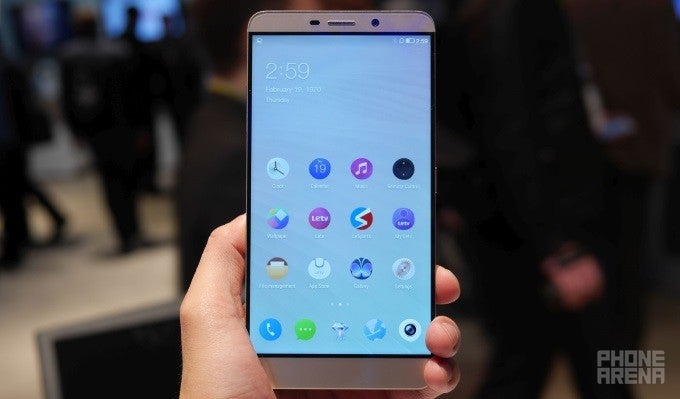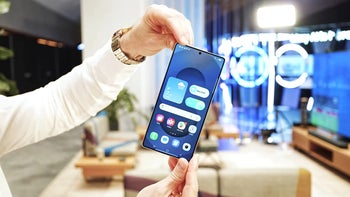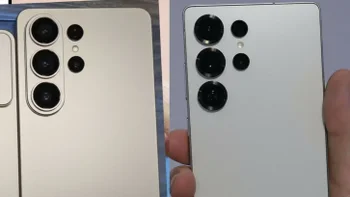LeTV Max Pro: hands-on

The LeTV Le Max Pro is a Snapdragon 820-powered phablet that's headed to the US.
Chinese media and device company LeTV isn't widely known outside the people's republic, but seems to be hard at work carving its name on the market — not just next to domineering domestic brands like Huawei and Xiaomi, but on the United States map as well! Following its formal introduction to the US market last year, LeTV's presence in the States is still limited to an online store selling accessories and a TV set, but at CES 2016, the company presented its newest smartphone, the LeTV Le Max Pro, saying that it's headed to the US sometime in the first half of this year. At a glance, the smartphone is certainly competitive, boasting a metal build in addition to being the first Qualcomm Snapdragon 820-powered smartphone to be formally announced. Come on, let's spend some hands-on time with this one.
Design
Being a phablet with a 6.33-inch display, the Le Max Pro is huge indeed, but it's nothing a plus-sized smartphone lover wouldn't get used to carrying around. It will make you stretch your fingers and it absolutely isn't fit for one-handed usage, but in two-handed operation, the phablet proves reasonably light. The build quality is nice, with the simple metal body appearing elegant, but objectively derivative. Although it certainly has the premium factor to it, lovers of decorated, chiseled design are better off setting their sights elsewhere, while fans of understated productions will be ecstatic.
Display
The 6.33-inch, Quad-HD resolution IPS LCD screen on the LeTV Max Pro is produced by Sharp and comes across as very, ahem, sharp and vibrant. Viewing angles seem fine, and we think this display will be awesome for multimedia. We can't get a feel for color reproduction at the show floor, but we didn't notice any glaring flaws either.
Performance
With its spec sheet footed in the cutting-edge Snapdragon 820 chipset and 4GB of LPDDR4 RAM, it comes as no surprise that the LeTV Max Pro is very snappy indeed. The smartphone runs Android 6.0 Marshmallow, topped off with LeTV's custom skin, which comes across as very clean and straightforward, but more than a little inspired by iOS 9. Android purists probably won't be amused. Other spec highlights include a 21MP camera, USB Type-C port, and 64GB of storage in the base model.
Check out these CES 2016 hands-ons while you're at it:
Expectations
Without any doubt, there is some serious potential in the LeTV Max Pro, provided the user experience ultimately matches the spec sheet and build quality. If LeTV is serious about its American ambitions, it must also do its best to market the phablet at an attractive price point.

Follow us on Google News















Things that are NOT allowed:
To help keep our community safe and free from spam, we apply temporary limits to newly created accounts: